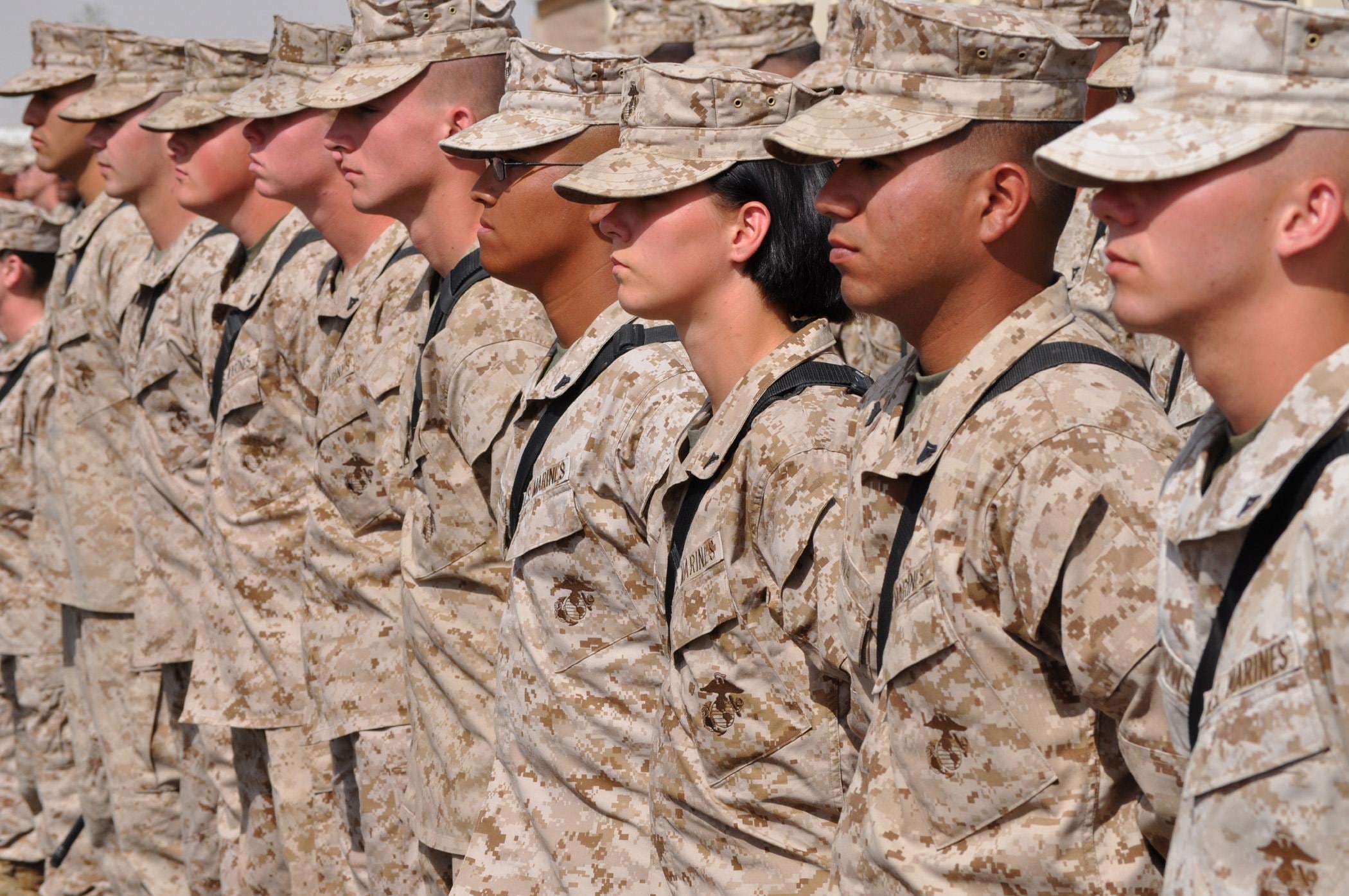Faced with a mandate to cut nearly 30,000 active and Reserve soldiers in the coming year, the Army will have little patience with troopers who cannot deploy or perform their operational duties.
While a bulk of the force reductions, 15,000 in the active component and almost 14,000 in the reserves, will be achieved through attrition, the Army will convene involuntary early retirement and separation boards for select categories of officers and NCOs.
Among those retention reviews will be an enhanced Selective Early Retirement Board, or eSERB, that convenes Jan. 12 for Army Competitive Category lieutenant colonels who have been passed over twice for colonel.
Another SERB will evaluate retirement-eligible chief warrant officers five of the Regular Army who hold an aviation or technical services military occupational specialty.
The specific zone of eligibility for the CW5 board that convenes March 29 will include aviators with five or more years in grade and tech services officers with four or more years in grade.
Lt. Gen. James McConville, Army personnel chief, said it also appears likely that captains in overstrength categories will be reviewed for possible involuntary separation.
"We don't think we'll have to do majors, but a lot of this depends on the behavior of the force (in terms of voluntary attrition)," he said. "If we can avoid involuntary separations we will, but the behavior of the force drives us on what we can do."
"We brought in almost a thousand extra officers during the Grow the Army phase, and those officers are now captains and their year groups are overstrength."
McConville, the Army G1 (chief of human resources), said that while it is Army policy to only look at captain and major year groups once for separation or early retirement, officers will go through promotion reviews at those grades that could result in involuntary separation.
"The lieutenant colonel separations are needed to provide promotion opportunity for officers coming up through the ranks," he said. "If lieutenant colonels are passed over twice and are allowed to stay until 28 years (the tenure limit for O5s), then that will not allow us to get the promotion rates for other officers where we want them to be."
Actions during the fiscal year that ended Sept. 30 included separation and enhanced selective early retirement boards for certain captains in the Army Competitive Category, primarily year group 2009.
Also targeted were certain specialties in the Army Medical Department year groups 2007 through 2009.
The Qualitative Service Program, a force-shaping tool for the NCO corps, remains a drawdown option for 2016, but because of recent Qualitative Management Program separations, will not be as heavily applied as in the past, according to McConville.
The QMP is not a drawdown tool, but rather a quality-control measure that is triggered when NCOs have derogatory information placed in their official file.
The QSP is a force-shaping program for staff sergeants and senior NCOs who are in career fields and specialties that are overstrength or have limited promotion opportunities, or both.
QSP and QMP reviews are held in conjunction with senior NCO promotion boards, which in 2016 will meet in March to select master sergeants, June for sergeants first class and September for sergeants major.
"Certainly, we want to avoid separating fully qualified soldiers just because they are in an MOS that is overstrength," McConville said. "The ones to go first will be the soldiers who do not meet Army standards for behavior and performance under the QMP."
Given the mandate to make steep personnel reductions over the next three years, the Army will be taking a hard line with soldiers who for medical and similar reasons are chronically non-deployable, and who are a drag on the readiness of the force.
The non-deployable problems run counter to Chief of Staff Gen. Mark Milley's campaign to increase the readiness of the force.
Recently tabulated data indicates that nearly 103,000 soldiers, or about 10 percent of the Army's total force – active and reserve - are not available for deployment and other operational duties.
With the Army now at one of its smallest levels since the end of the Cold War, and getting smaller, this level of non-availability is considered a major problem, according to McConville.
"If soldiers are not deployable, or are unable to do their job, we are going to have to take a hard look at their ability to stay in the Army," he said.
"The message I want to get out is that we are a professional team, and if you want to be on this team, you need to get out there and play your position.
"This will become more important as the Army gets smaller," McConville said.





